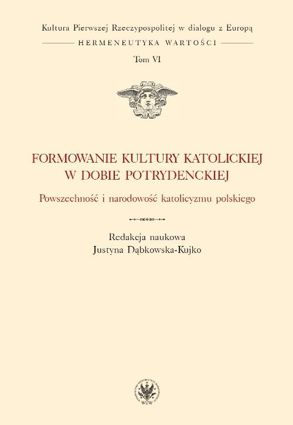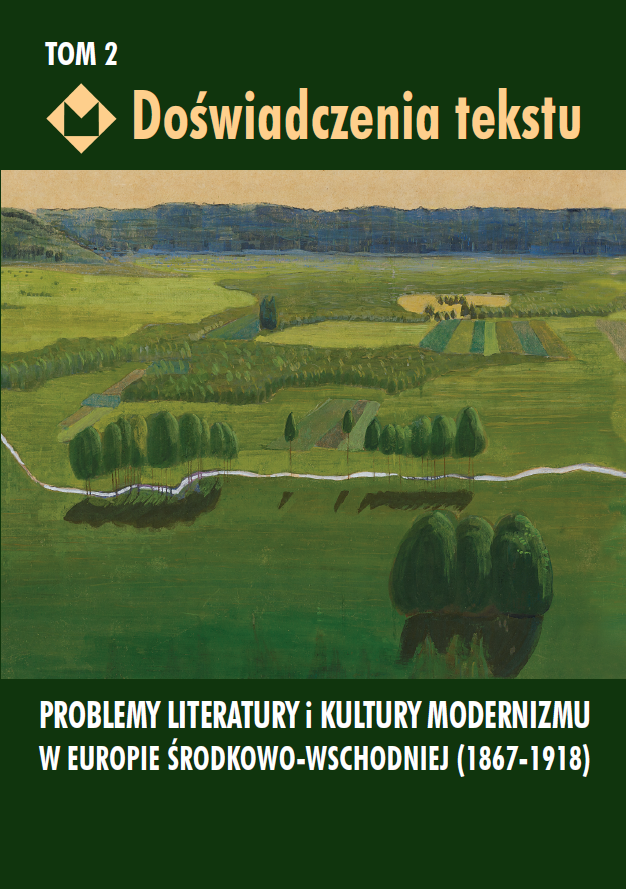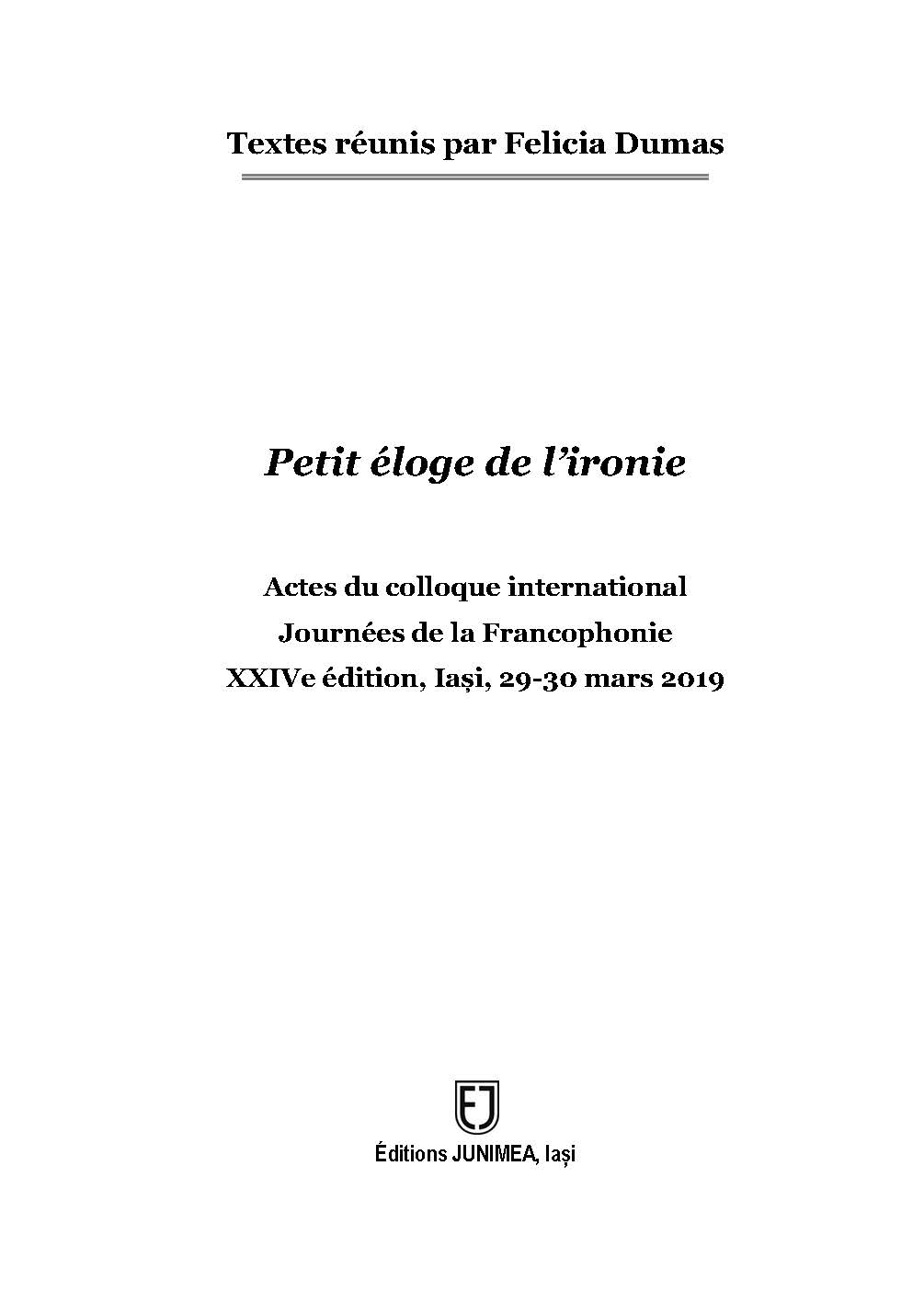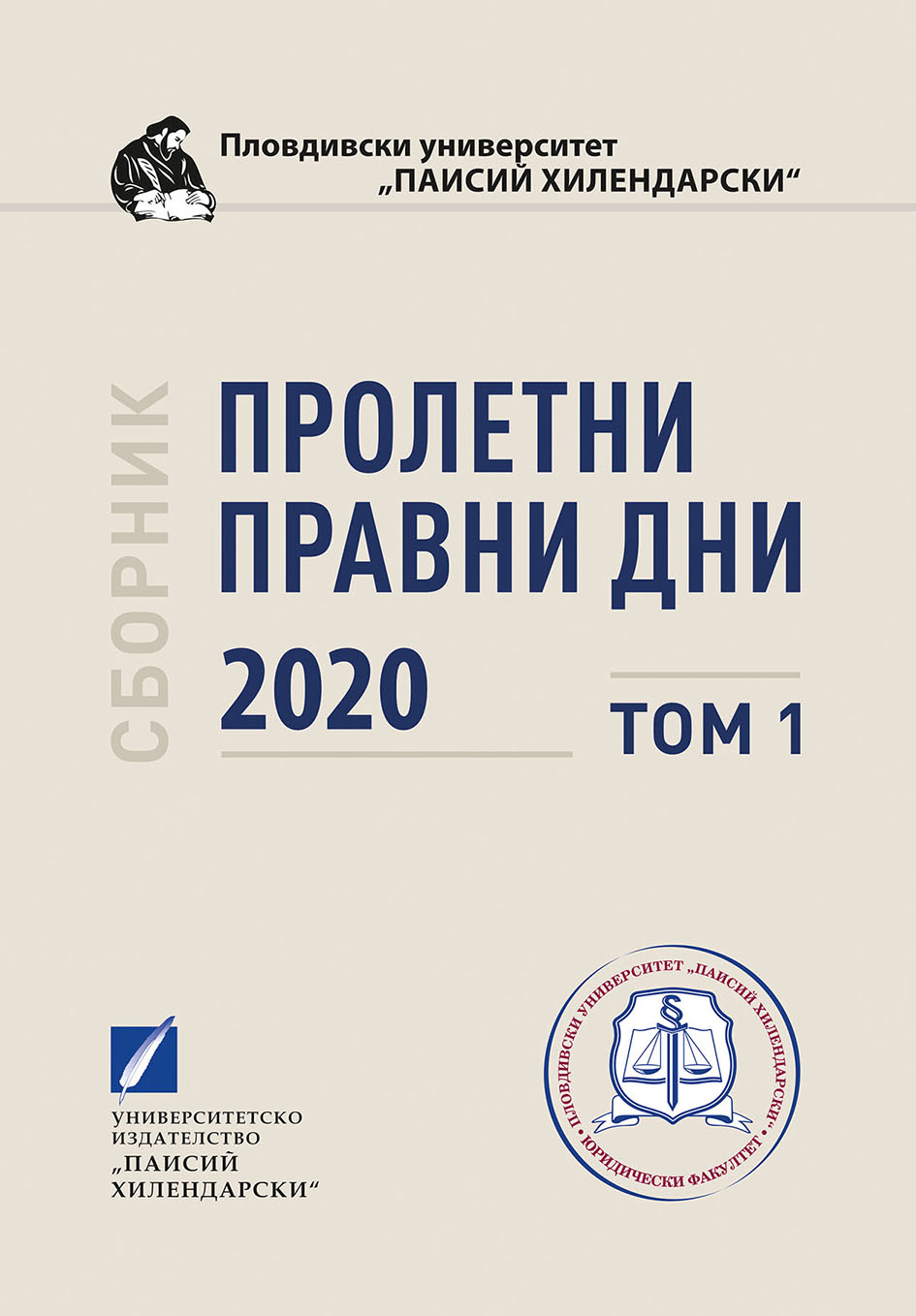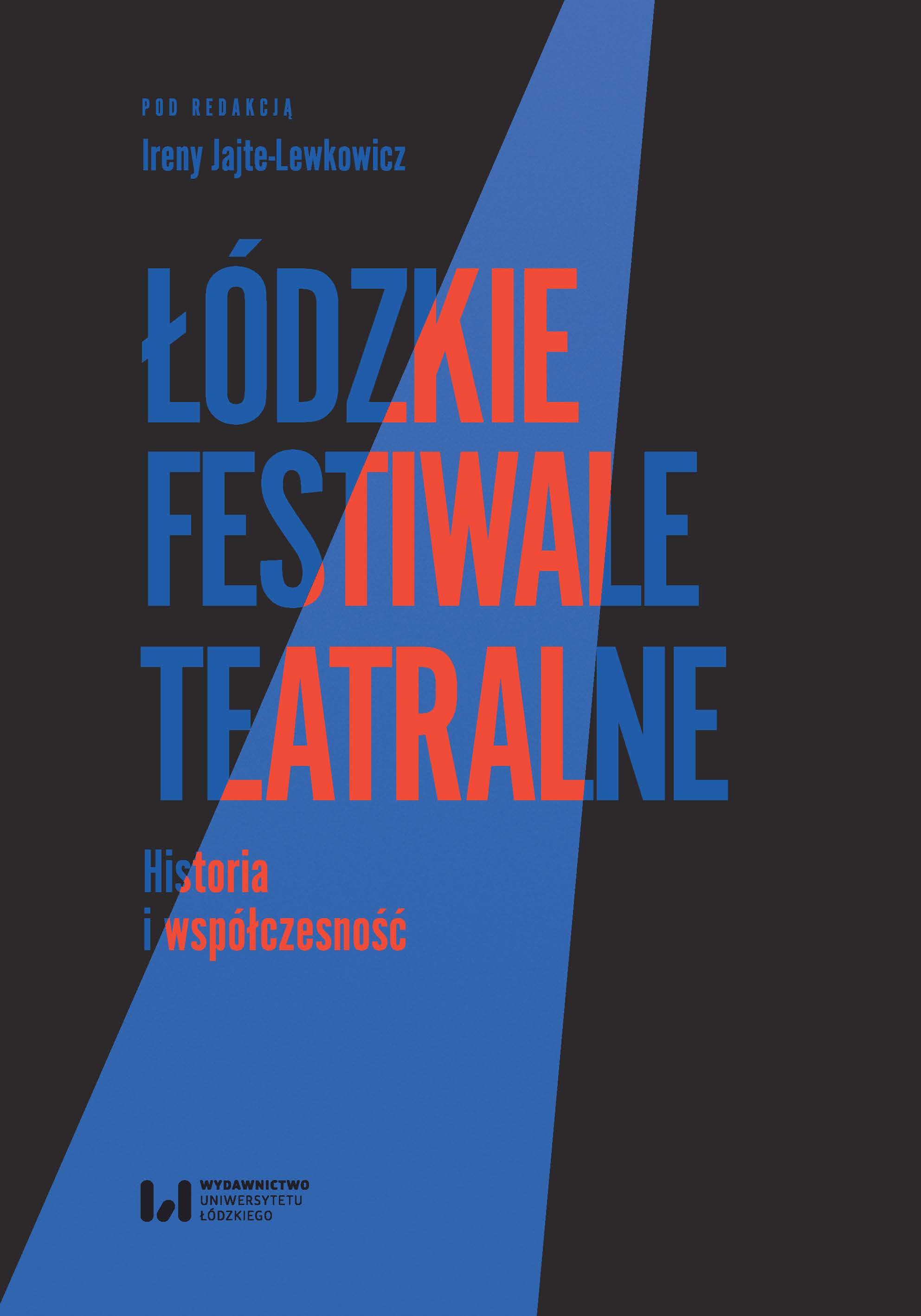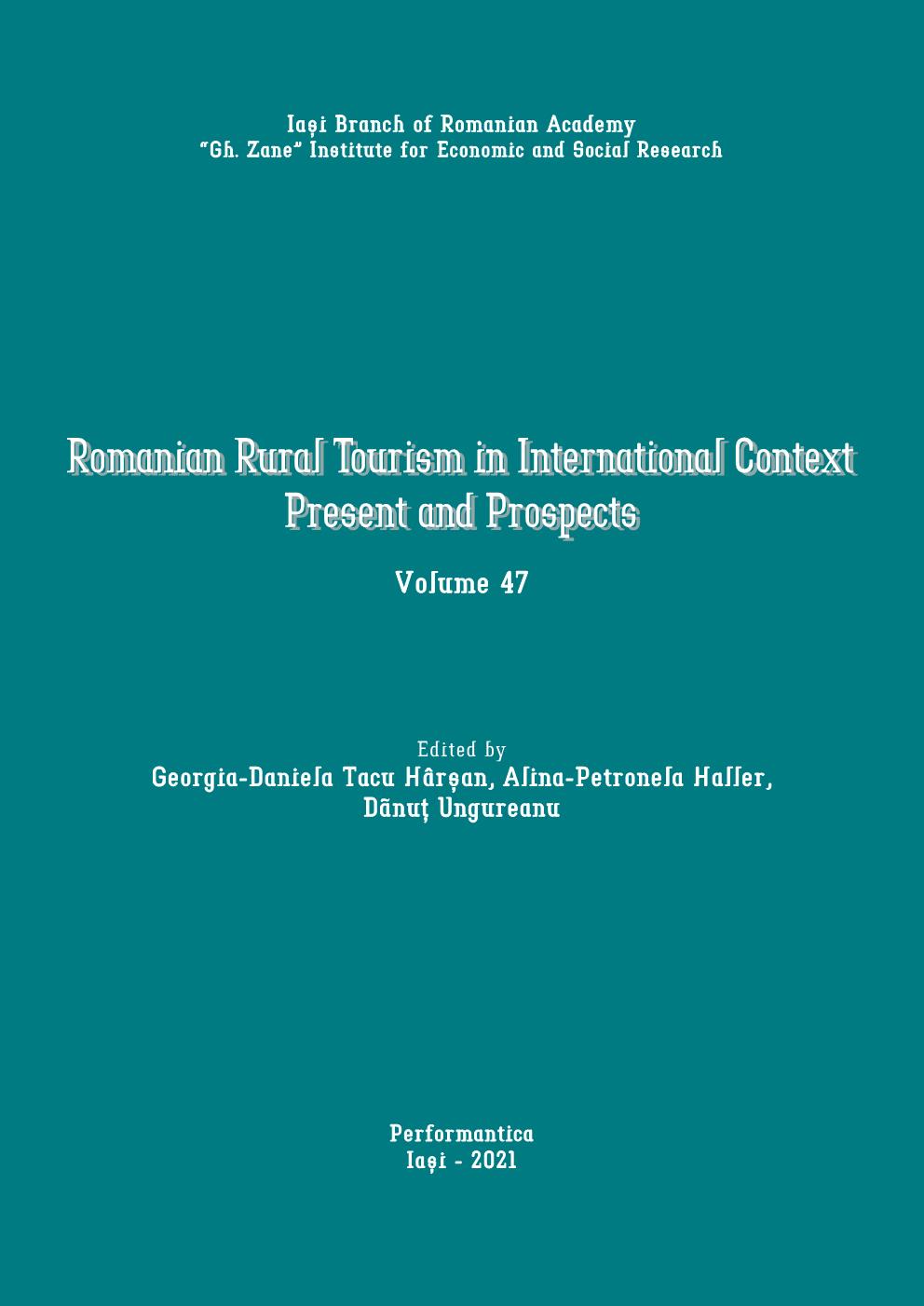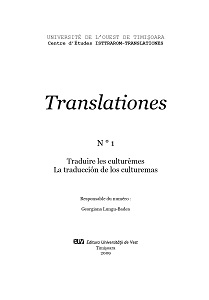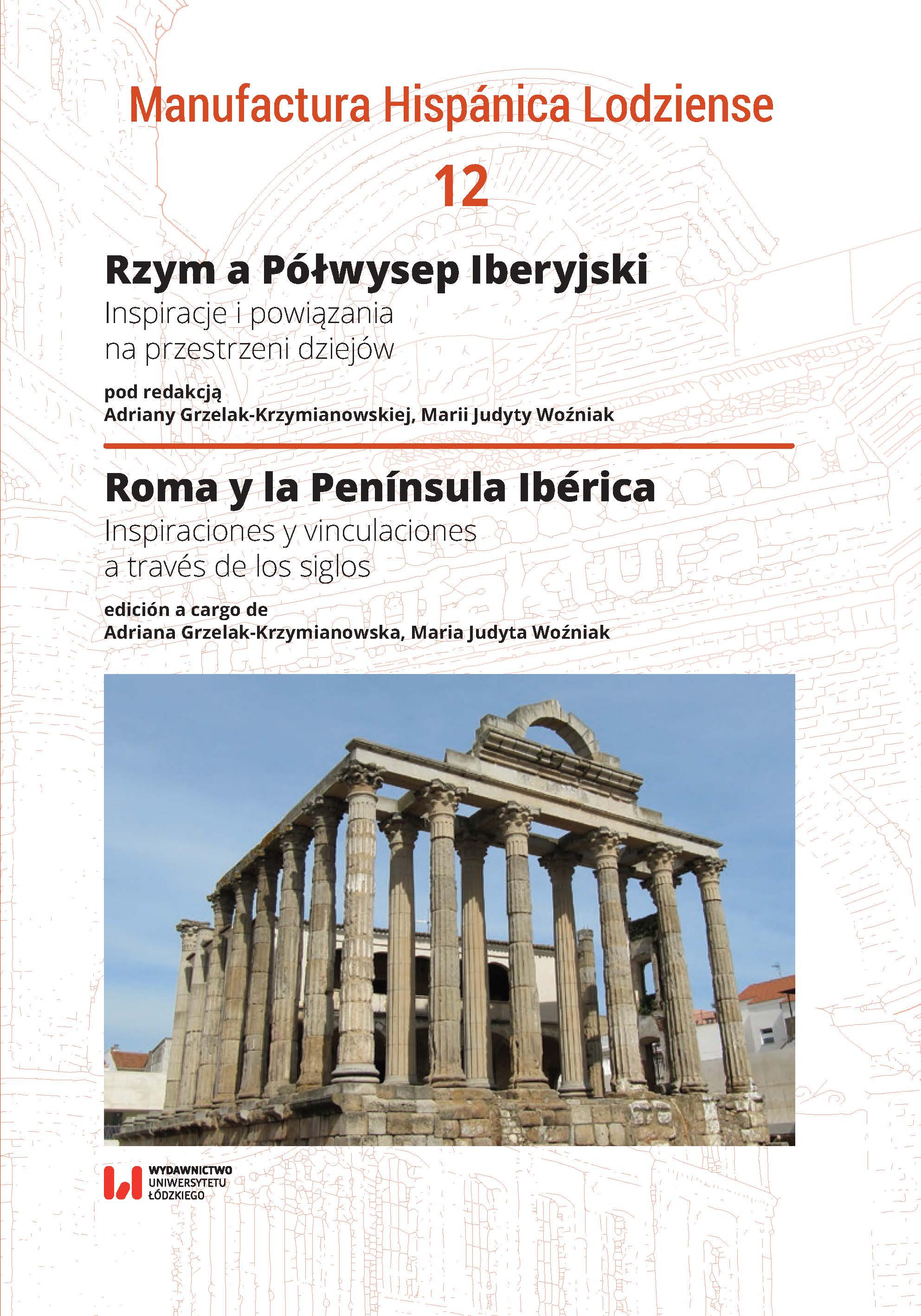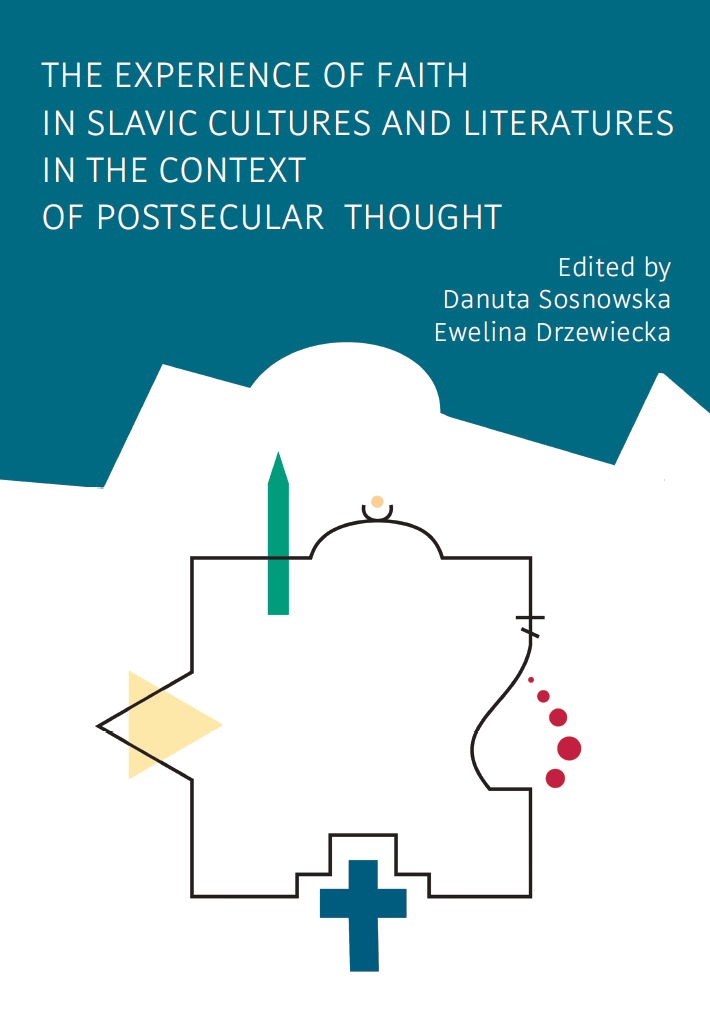
The Experience of Faith in Czech Literature after the Turn of 1989 on the Example of Angel by Jáchym Topol and Mefitis by Martin Komárek
After the turning point of 1989, the subject of religiosity was undertaken in Czech literature by the younger generation of writers born in the 1960s. Their presence on the literary scene was noticed at the time and described as a distinctive phenomenon. These writers dealt with religious ideas in a way that ignored Catholic dogmas, religious tradition and the instructions of the Church; they also mixed together religious threads derived from foreign cultures and cults, including non-European ones. These tendencies, as well as the characteristic literary forms preferred by the writers, such as pastiche, parody and irony, justified a postmodern interpretation of this literary topic. The postmodern reading, which is still popular, could be also related to the widespread millenarian moods of the 1990s. My paper aims to present a different interpretation of this phenomenon using the framework of postsecular thought. In this approach, the non-doctrinal, non-traditional descriptions of religious experience which can be found in Czech literature of the 1990s turns out to involve peculiar contact with the transcendental sphere, or a struggle for such contact, or an expression of metaphysical yearnings. The issue is raised of how such religious expressions belong to the modern experience of faith and how they belong to the Czech tradition of religiosity. In addition, two novels by Czech writers are analyzed as an example of the postsecular approach to the issue: Angel by Jáchym Topol and Mefitis by Martin Komárek.
More...
